Governor Little Gives Annual State of the State
7 Jan 2020, by admin Share :Governor Brad Little delivered his State of the State address yesterday kicking off the 2020 legislative session. Regulatory reform was a chief topic of discussion including more reforms to come. Gov. Little announced, “My first executive order this year will make it a routine practice for Idaho state government to undergo the kind of successful regulatory review we saw in 2019.” The governor referred to this review process as “Zero-Based Regulation.” In addition, he announced clean-up efforts in Idaho’s statutes as well. Governor Little’s administration plans to propose 30 pieces of legislation to repeal outdated statutes. The Policy Team at IAC will keep a keen eye on these proposals to ensure that none have an unintended impact on counties.
The Governor is proposing a conservative budget that limits General Fund spending growth to 3.75%. Little said, “I believe our people have greater opportunities to prosper when government limits regulatory hurdles, respects taxpayers by spending their money as efficiently as possible, and focuses as much on the needs of tomorrow as the needs of today.” He then went on to share that education is his first priority.
Impacts to Counties
While discussing his plans for education funding, Governor Little said, “Your property taxes shoulder a growing share of teacher salaries and operating expenses in our school districts. It’s out of balance and not sustainable. I propose we put an additional $30 million in ongoing General Fund as a down payment to continue increasing teacher pay over the next several years.”
Broadband improvements are also a priority in the Governor’s budget. He plans to establish a State Broadband Office utilizing existing resources within the Department of Commerce to ensure that all areas of Idaho are connected. He shared that these improvements will also allow for the expansion of pharmacy access and telehealth in rural Idaho.
Medicaid Expansion funding proposed by the Governor would have a net-zero impact on the General Fund due to identified offsets in Department budgets including Idaho Department of Health and Welfare, Department of Corrections, courts and the CAT Fund as well as tapping the Millennium Fund. As for counties, Governor Little said, “I am asking the counties to bring the offsets in their budgets to the table as Medicaid Expansion begins to pay for services the counties used to cover.”
Governor Little’s budget director offered further clarification regarding the funding of Medicaid Expansion saying that “…the proposed funding includes tapping Idaho counties for $8.5 million of the $40 million.” You can read more about that by clicking here.
Idaho’s growing prison population was also mentioned by the Governor. He called it a “taxpayer issue” in addition to being a public safety issue. He shared, “My budget calls for a new resource called Connection and Intervention Stations. They will offer support, treatment, and accountability for the people on community supervision who need it most.”
Public Lands were also a subject of interest to counties in the Governor’s address. He seeks to continue investments in efforts to natural resources and health by creating a position at the Office of Species Conservation to work directly with federal agencies on public lands issues.
Governor Little also mentioned the Idaho Transportation Needs study that BSU is conducting (IAC is one of several stakeholders sponsoring the study) to assess Idaho’s Transportation needs. He committed to finding a sustainable funding plan for Transportation once the study is complete.
State House Reactions
Reactions to the Governor’s State of the State address were mostly positive in the House and Senate bodies on both sides of the aisle. When asked by a KTVB reporter about Governor Little’s proposal to fund Medicaid Expansion Senator Hill responded, “We have the funds to do it…The counties are saving a great deal as a result of Medicaid Expansion, so we may call on
them to help us to some degree.”
The House Republican Leadership pointed out that the Governor’s address was light on specifics about property taxes. They did not discuss specifics but did say that they want to make sure that property tax relief is substantial, not a band-aid. The Democrats said that they are planning on bringing legislation to increase the circuit breaker and to index the homeowner’s
exemption.






